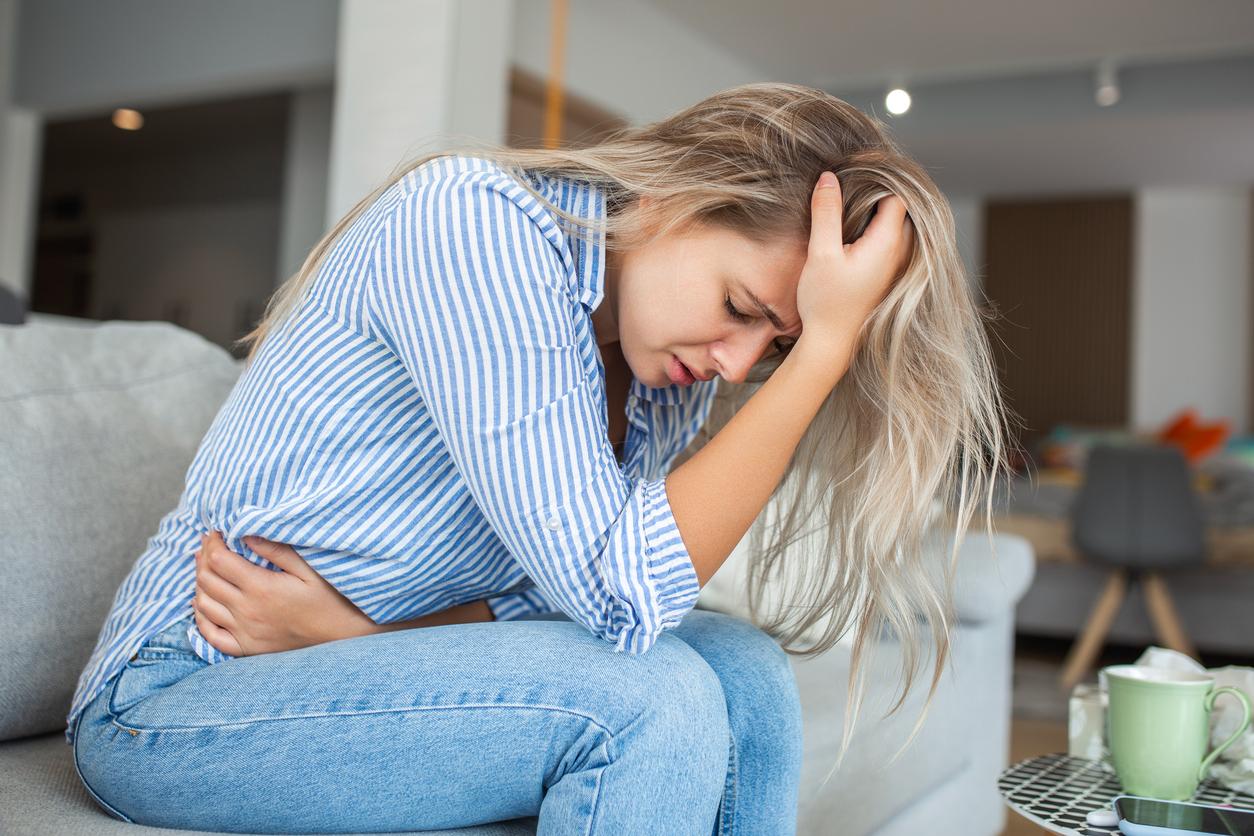December 9, 1998 – Following warnings from the US Federal Drug Administration (FDA) against the consumption of my huang, the Chinese name for ephedra (ephedra sinica), American researchers wanted to assess the effects of ephedra on blood pressure and heart rate in healthy subjects.
The study was carried out on 12 men and women aged between 23 and 40 years. We also sought to determine the variability of the content of ephedrine and pseudoephedrine, and the pharmacokinetics of these two constituents in a commercial preparation of ephedra. Each capsule of the preparation studied contained 375 mg ofephedra sinica in powder. During the treatment phase, subjects took four capsules at lunch and a further four nine hours later at dinner time.
The researchers report that none of the subjects experienced any negative effects during the study. However, six of them saw their average heart rate increase significantly within 12 hours of taking the product, three experienced a slight increase in their heart rate and the last three experienced no change. During the three hours following ingestion of the product, four subjects saw a significant increase in their systolic pressure (upper limit of blood pressure) and two a significant drop in their diastolic pressure. However, these changes were not considered clinically significant.
Pharmacokinetic data show that maximum absorption of ephedrine occurred approximately 4 hours after ingestion of ephedrine capsules, whereas a previous study with ephedrine tablets indicated maximum absorption after only two hours. As for the ephedrine content, it varied very little from capsule to capsule, giving an average of 19.4 mg of ephedrine, 4.9 mg of pseudoephedrine and 1.2 mg of methylephedrine. By comparison, the typical dose of ephedrine in drugs available without a prescription is 25 mg of ephedrine sulfate.
The authors conclude that the effects of ephedra (my huang) in a healthy population are relatively benign. However, the use of ephedra in conjunction with other stimulants or at dosages higher than recommended may result in a clinically significant increase in heart pressure and rate. The researchers also suggest that the danger may be “greater for herbal products containing ephedrine because many of these products as well as their ephedrine alkaloid content are not regulated, and the available ephedrine may vary. a lot between different species. As some of these products are sold as a euphoric and stimulant of sexual sensations, this is an invitation to abuse. ”
The limitations of the study are its very small number of subjects (12 people) and the lack of mention of the relationship between the weight and sex of the subjects and their reactions to ephedra.
HealthPassport.net
White LM, Gardner S, Gurley B, Marx MA, Wang PL, Estes M. Pharmacokinetics and cardiovascular effects of ma-huang (ephedra sinica) in normotensive adults. J. Clin Pharmacol. 1997; 37: 116-122
Source: Herbal Gram, No 43, Summer 1998
















